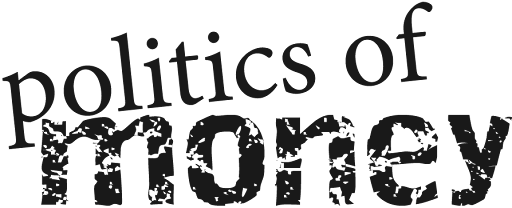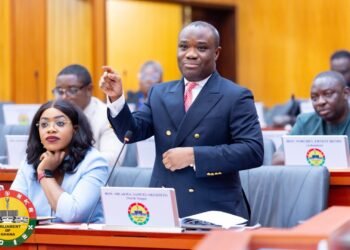In a compelling critique, Professor H. Kwesi Prempeh, Executive Director of the Centre for Democratic Development (CDD-Ghana) has bemoaned the existential threat posed by capitalism’s overreach into the fabric of democratic governance.
His reflections highlighted a growing global concern: the unrestrained influx of money—fueled by neoliberal capitalism—into political systems that were once defined by popular representation but now teeter on the edge of oligarchy.
“As a participant at a conference I’m currently attending noted the other day: ‘We cannot fix the problems of today’s democracy without fixing capitalism’. The point is that the staggering amounts of unregulated money (enabled by neoliberal capitalism) that have been allowed into modern democratic politics is corrupting, perverting, and discrediting democracy and needs urgent regulatory attention or else”.
rofessor H. Kwesi Prempeh, Executive Director of Centre for Democratic Development (CDD-Ghana)
Money’s Pervasive Influence on Democratic Processes
These unchecked financial influences according to Prof. Kwesi Prempeh drive the selection of leaders, steer election campaigns, and reinforce the influence of disinformation-laden, algorithm-driven social media, perpetuating polarization and eroding public trust.
Professor Prempeh’s analysis painted a disheartening picture of modern governance. “A government of money by money for money is anything but a democracy,” he asserted.
This profound statement underscores the insidious effect of financial dominance in politics, wherein policy decisions are tailored not to the needs of the populace but to the interests of those wielding financial power.
According to him, the phenomenon of “dark money”—untraceable political contributions funnelled through weak regulatory frameworks—has become a cornerstone of this perversion, making democracy vulnerable to actors with deep pockets and private agendas.

Global Resonance of the Crisis
The Executive Director of the Centre for Democratic Development further pointed out that Daniel Freund, head of advocacy at Transparency International EU, supports his assertion and observations with stark evidence from the West.
He quoted Daniel Freund, saying “Democracy was built on the power and needs of the people. It has since sold out to money. And that, experts agree, is the biggest threat to it today.”
For Daniel Freund, the corrosive power of unregulated financial influence has fostered widespread voter disillusionment, which, in turn, has fueled the emergence of populist movements across the United States and Europe.
Such trends have destabilized political norms and reshaped public discourse, however, Professor Kwesi Prempeh noted that the ramifications of financial corruption in politics are not confined to Western democracies.
He pointed out that in Africa, where regulatory frameworks are often weaker, the impact has been even more devastating, asserting that the corruptive influence of money deepens inequalities and entrenches power among a few, stifling genuine political competition and disenfranchising the broader electorate.
The financial capture of African politics according to Professor Kwesi Prempeh undermines democratic accountability and disrupts developmental progress.
Professor Prempeh’s reflections demand urgent global attention, warning that without decisive regulatory interventions to curtail the overwhelming influence of money, democracy risks being reduced to a hollow concept—more theatre than governance.
The pathway forward requires a recalibration of democratic priorities to centre on the public interest, champion transparency, and enforce stringent regulations on political funding.
The resilience of democracy depends on reinvigorating the founding principle that governance is for the people, by the people—not for the highest bidder.
READ ALSO: Letshego Ghana’s GHS100m Bond Issuance Garners Strong Investor Demand, Priced at 22.50%























